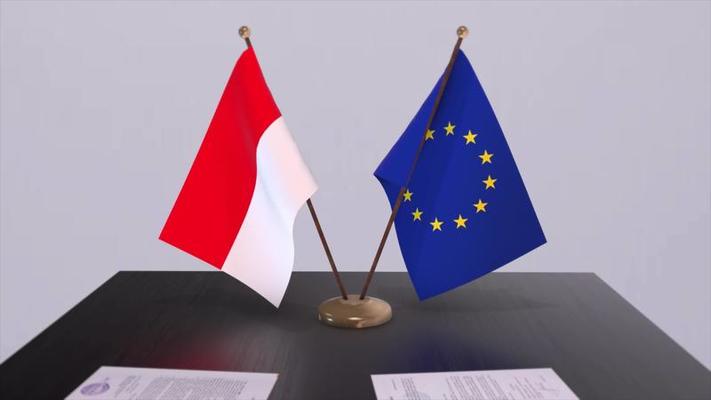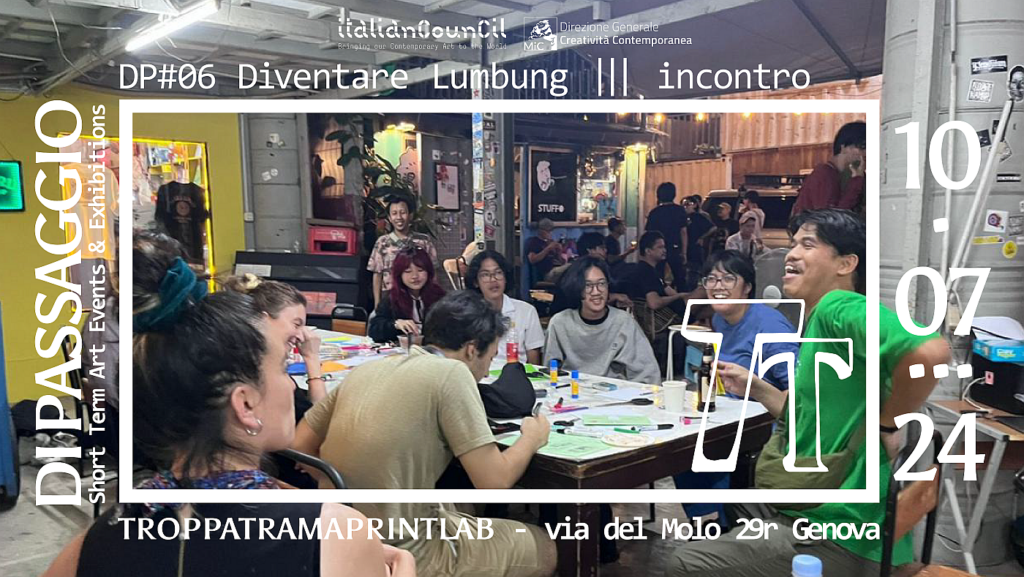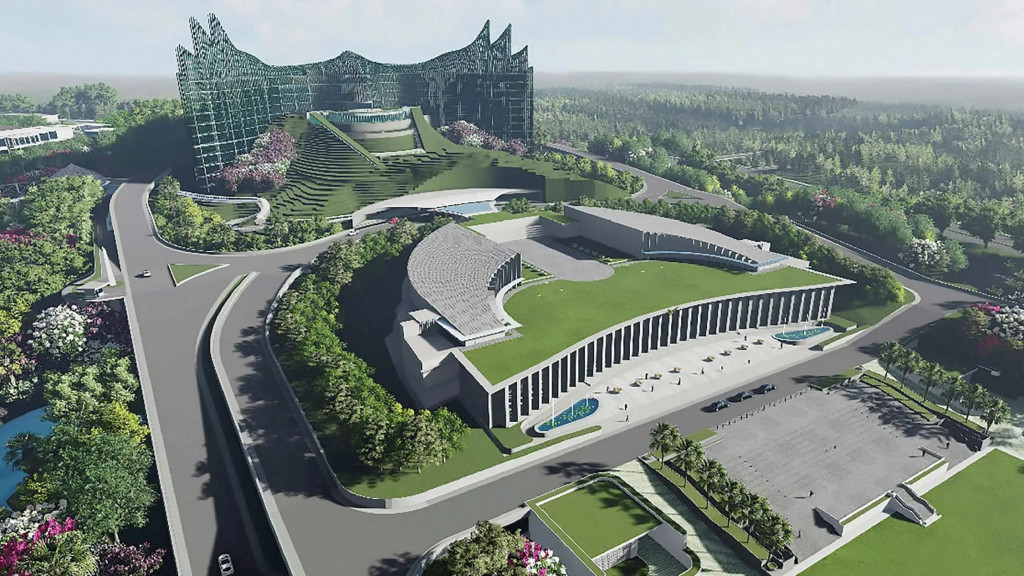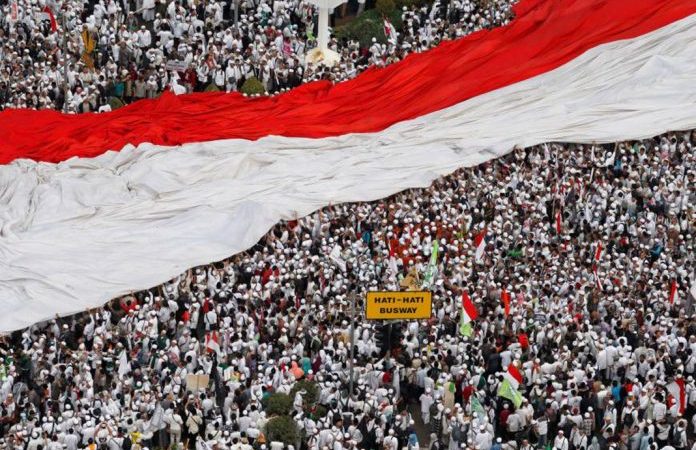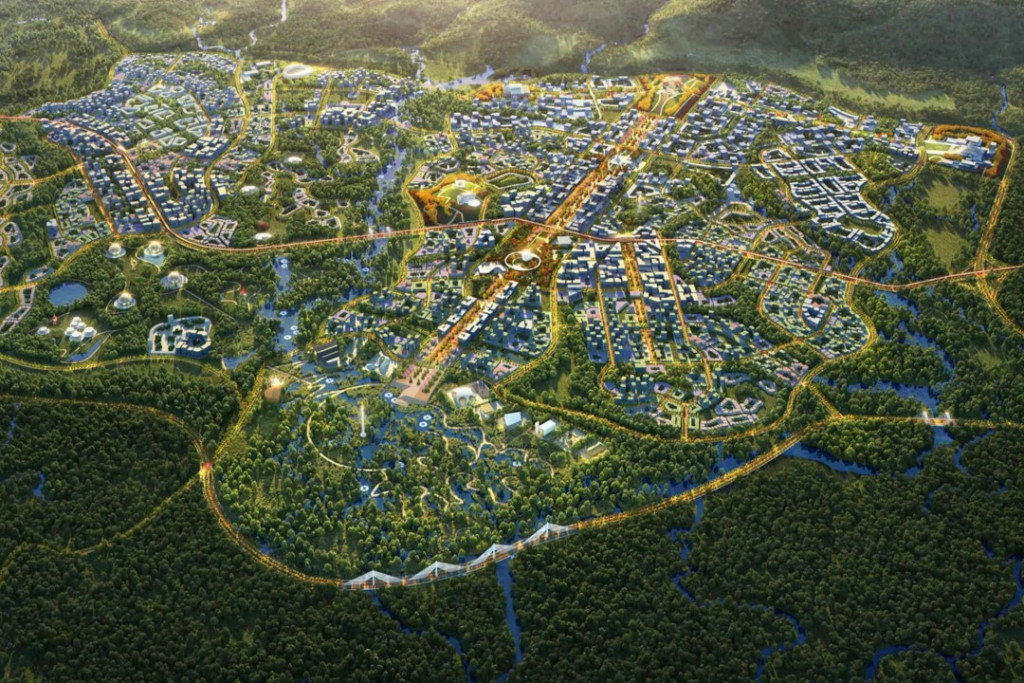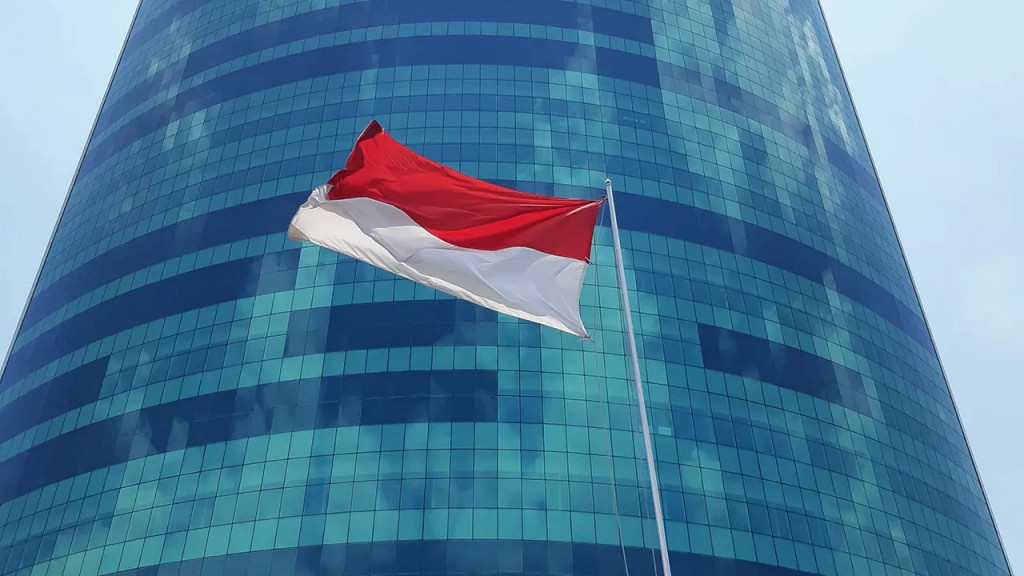Indonesia’s president recently visited Russia to meet with Vladimir Putin. But this is not a matter of choosing sides — Jakarta continues to uphold and even reinforce its policy of non-alignment.
By Francesco Mattogno
From June 18 to 20, Indonesian President Prabowo Subianto was hosted by Russian President Vladimir Putin in St. Petersburg, where the annual St. Petersburg International Economic Forum (SPIEF) was concurrently taking place. Prabowo was one of the forum’s most high-profile guests. Every year, the SPIEF attracts tens of thousands of politicians and representatives from major international companies to discuss business, investment, economic policy, and more. Essentially, the SPIEF is a platform to do business with Moscow, and the Indonesian president’s visit falls squarely into this category of interests. Although this was Prabowo’s first trip to Russia since taking office in October, the former general has previously visited the country and met with Putin several times during his tenure as Defense Minister in the previous administration. His most recent visit to Russia had been in July 2024, when he was president-elect. Since then, relations between Jakarta and Moscow have only continued to strengthen.
In November, the Indonesian and Russian navies held their first joint naval exercises in the Java Sea. In January, Indonesia joined the BRICS group, an event celebrated by Putin himself. Then in February, Prabowo hosted the Secretary of Russia’s Security Council (and former Defense Minister) Sergei Shoigu to further enhance defense and security ties — a topic also discussed during the recent meetings in St. Petersburg. On June 16, ahead of Prabowo’s visit, Indonesian Foreign Minister Sugiono met with his Russian counterpart, Sergei Lavrov, where both sides "committed to strengthening relations and partnerships for the mutual prosperity of our peoples," Sugiono stated.
In short, relations between Indonesia and Russia are going very well, and Prabowo’s visit to St. Petersburg was part of an already well-oiled relationship — not particularly surprising. Yet it stirred more debate than usual.
To make this trip to Russia, Prabowo declined an invitation from the G7 countries to attend their summit in Kananaskis, Canada, which took place from June 15 to 17. This displeased some observers, while others interpreted the move as a sign of Indonesia’s strategic realignment. Jakarta quickly rejected such geopolitical interpretations, explaining that it simply wanted to honor pre-existing commitments with Singapore (where Prabowo was on June 15–16) and with Moscow.
In his SPIEF speech, Prabowo rejected the idea of dividing the world into “power blocs” and reiterated the core principle of Jakarta’s foreign policy: “Indonesia has always been non-aligned. We respect all nations. Our foreign policy is simple: a thousand friends are too few, a single enemy is too many.” Prabowo and Putin signed several memoranda of understanding to strengthen cooperation in various areas — with a strong focus on economic and commercial matters, but also touching on military and space collaboration.
The most concrete agreements involve education, infrastructure, and transportation, as well as civilian nuclear technology — Indonesia hopes to use Russian technology to build its first nuclear reactor by 2032 — and cooperation in internet and information sectors. Both parties also pledged to resume discussions on the development of a long-stalled refinery in Tuban, East Java. Most notably, they announced the creation of a joint investment platform worth €2 billion between their respective sovereign wealth funds. Meanwhile, negotiations are still ongoing for a bilateral trade agreement, though Putin stated that he is happy to sell Russian gas and oil to Indonesia to help meet its domestic energy needs.
The desire of countries like Indonesia or Malaysia to deepen ties with Moscow does not mean they are choosing sides — quite the opposite. Jakarta’s non-alignment — and that of Southeast Asia more broadly — can be understood as a strategy to maintain good relations with all sides, thereby reducing dependence on any single one. Diversifying trade and security partnerships serves both domestic and diplomatic purposes: in recent months, Indonesia has also strengthened its bilateral and defense ties with the United States, Australia, Japan, Turkey, and Gulf countries, among others.
Often, geopolitics has little to do with it. Prabowo has heavily increased the national budget to fund a series of expensive populist projects, which he must reconcile with his ambitious target of 8% GDP growth by 2029. To fulfill his promises, he also needs Russian investments, fuel, and technology.




